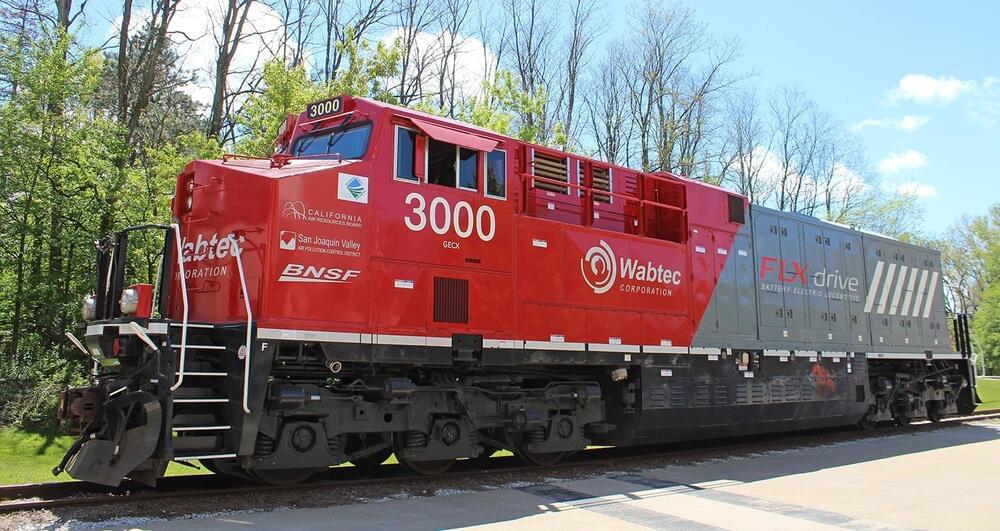The volar aircraft has a sleek, aerodynamic form that’s more akin to a supercar than other eVTOLs currently in development.
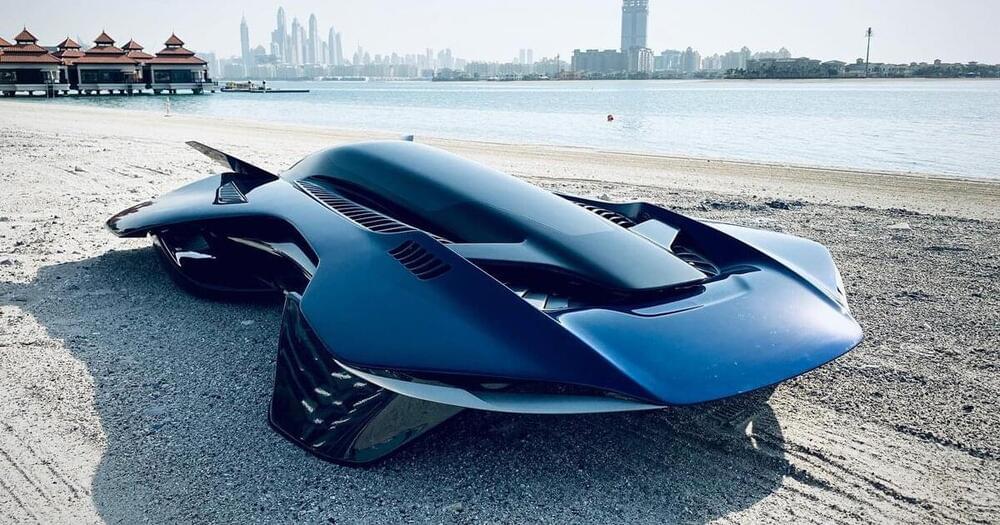

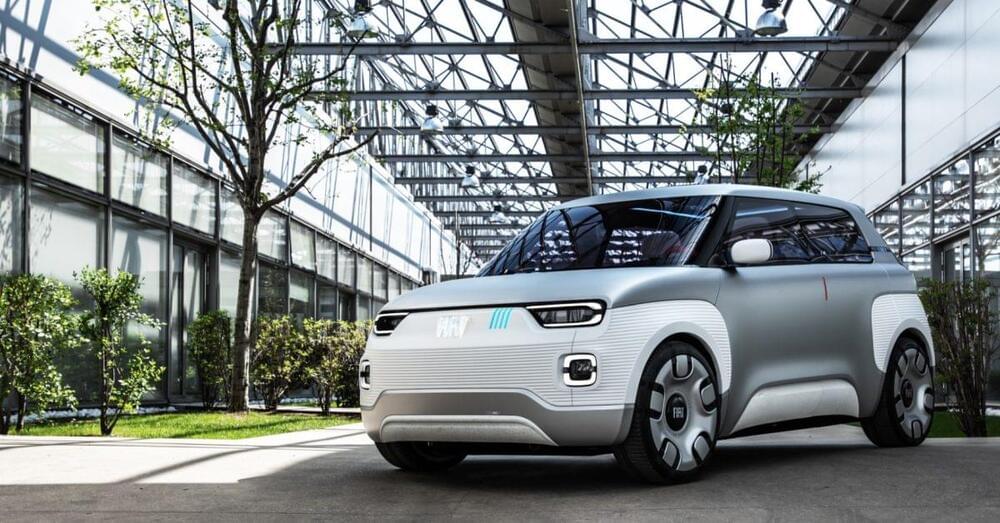
Next Fiat Panda aims for ‘most affordable EV’ title with customizable, clever crossover that will slot below 500e.
What’s the most affordable EV you can buy? If rumors out of Fiat are to be believed, the answer to that question will soon be “the new Fiat Panda” as Stellantis targets the bottom end of the booming electric car market.
Set to arrive as soon as this spring, the new Fiat Panda will be an EV-only offering from Stellantis’ “entry” Italian brand, and is expected to slot in below the ell-electric Fiat 500e, price-wise, in the company’s lineup. Its main objective, as the brand’s President, Oliver Francois, told AutoExpress UK, is to “awaken the sleeping giant” he believes Fiat to be. “That’s exactly my point of view,” he says, when discussing new models. “We have not even started awakening the giant.”
As a product, the upcoming Fiat Panda is believed to be heavily based on Fiat’s 2019 concept, the award-winning Fiat Centoventi. At the time, the company said it would reduce the car’s build costs by adopting a spartan design with a limited color palette that was at once “minimalist and fully customizable.”
It takes off vertically then moves horizontally.
Zeva Aero, a Tacoma-based company looking to make vertical take-off and landing (VTOL) vehicles for a single pilot, reached a major milestone as its full-scale aircraft completed its maiden untethered flight, the company said in its press release.
We have covered many electric VTOL (eVTOL) concepts in the past and covered their progress as well. While most are aimed to become air taxis, capable of moving people from point A to point B within or even between cities, Zeva’s Zero wants to offer this service on a highly personalized basis, giving its users the freedom from aircraft pilots to chauffeur them around. A typical Zeva Zero user could lift from practically any parking lot in the city, negating the need for dedicated vertiports as well.
Full Story:
The VTOL might look a little odd at first glance. But the oddity of the design gives it unmatchable speeds among VTOLs.
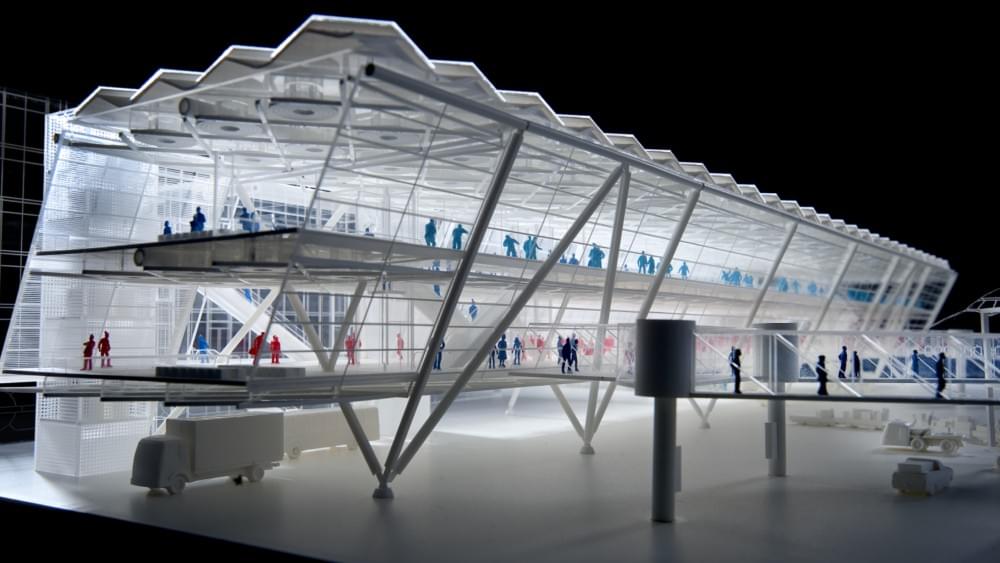
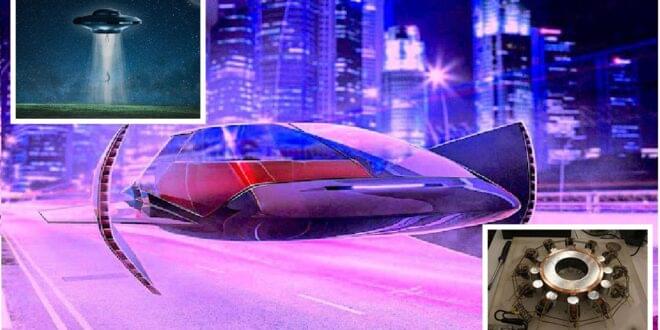
Anyone able to find the sources? 🤔
Antigravity is the concept of a technology that, when applied to an item or a place, allows it to “cancel” gravity rather than compensate for it, as in the case of an aircraft.
Since November 2020, a group of experts from NASA, DARPA, MIT, and the Air Force has met on Zoom on a monthly basis to explore future propulsion technology, including the possible “antigravity.” Given that this technology now exists only in science fiction or in the thoughts of a few dreamer thinkers, this is a remarkable occurrence.
The Alternative Propulsion Engineering Conference (APEC) was founded to allow experts to explore forbidden (and even crazy) concepts that go beyond the boundaries of current contemporary science.
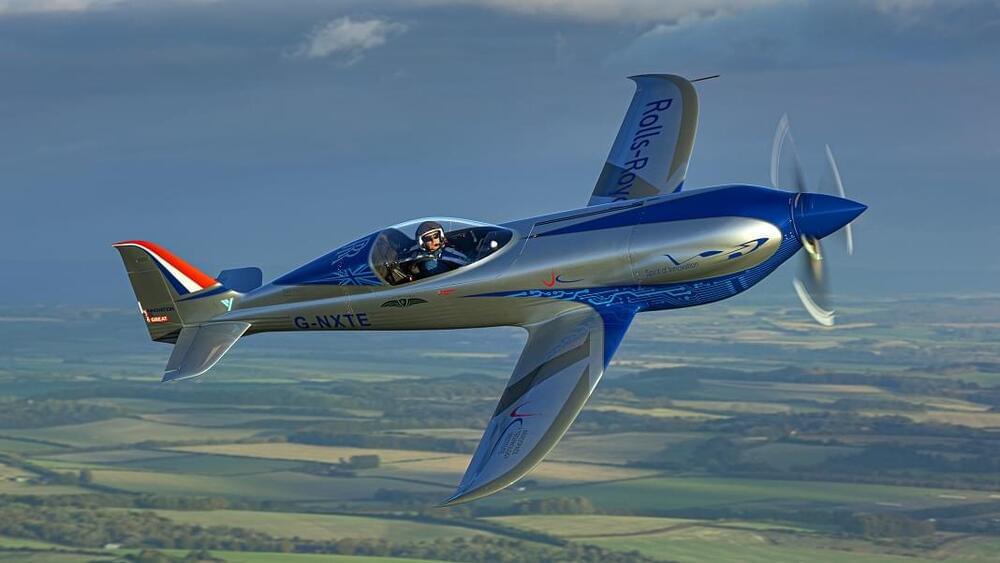
The first electric plane took flight in 1973. There was just one person on board and the plane only stayed in the air for 14 minutes, but it was the beginning of an ongoing effort to power aircraft with batteries instead of fuel. Multiple companies are working on building faster, lighter, more efficient electric planes, as well as batteries to power those planes—and last week an aircraft made by Rolls-Royce hit some new milestones in the industry.
Cheerily dubbed the Spirit of Innovation, the plane is part of the company’s Accelerating the Electrification of Flight initiative. The seemingly precocious plane just completed its maiden flight a little over a month ago, and Rolls-Royce subsequently launched “an intense flight testing phase” to collect data on the performance of the aircraft’s power and propulsion system, a 400kW electric powertrain they call “the most power-dense propulsion battery pack ever assembled in aerospace.”
Last week, the company said in a press release, they set three new world records. First, the aircraft reached a top speed of 345.4 mph (555.9 km/h) over 1.8 miles (3 kilometers). That’s 132 mph (213 k/h) faster than the existing record. The Spirit of Innovation got up to an altitude of 9,842.5 feet (3,000 meters) in 202 seconds—60 seconds faster than the existing record. And finally, the plane reached a maximum speed of 387.4 mph (623 km/h) during its flight tests, which Rolls-Royce says makes it the world’s fastest all-electric vehicle. The company is waiting on the Federal Aviation Institute to confirm and certify these claims.

Apple’s digital car key feature might soon be useful for unlocking more than a handful of BMW models. In his latest newsletter, Bloomberg’s Mark Gurman claimed Hyundai and its upscale Genesis badge will support Apple CarKey “by the summer.” It’s not certain which models would provide the option, but it’s notable that some trim levels of the Ioniq 5 and other Hyundai cars include NFC for a (currently proprietary) digital key.
While remote lock controls have been available through smartphones for a while, CarKey (and its Android equivalent) treats the phone more like a physical key. You just have to bring your phone or Apple Watch to the door handle to unlock it, and you can even place your phone in a given area to start the car. People with ultra-wideband iPhones (such as the iPhone 11 and newer) can even leave their phone in their pocket when opening and starting the vehicle.
If the leak is accurate, Apple’s move could significantly expand the audience for digital car keys — you wouldn’t need to shop from one high-end marque to even consider it. A deal would also suggest the tussle over a possible EV collaboration wasn’t enough to deter Apple and Hyundai from exploring a CarKey team-up.
▶ Check out Brilliant with this link to receive a 20% discount! https://brilliant.org/NewMind.
THE SPIRIT OF INNOVATION
On November 16, 2021, an experimental aircraft called the ‘Spirit of Innovation’, designed by Rolls Royce, would record an average speed of just under 556 km/h or 345mph over a 3km span. The Spirit of Innovation is the world’s fastest, all electric aircraft. It superseded the previous record set by the Siemens eAircraft Extra 330 LE Aerobatic aircraft in 2017 by over 213 km/h or 132 mph, and it also climbed over 60 seconds faster to 3,000 meters or about 10,000 ft.
BUILDING THE AIRCRAFT
The Lycoming engine was replaced by three electric motors and the fuel tank by three battery packs. Combined, the battery packs, motors and control equipment were similar in weight to the existing power plant, however this fully electric system was now capable of outputting around 530hp continuously and almost 1000hp in bursts. By comparison, in a conventional aircraft, the overall weight is reduced as the fuel is used up. To compensate for this, the aircraft was converted to a single-seater to reduce weight further, though at the cost of moving the center of gravity slightly forward.
MOTOR
Designing the propulsion unit for the Spirit Of Innovation was also another major hurdle for the ACCEL team. Not only must the electric motor be compact and powerful, but also possess a high degree of reliability and the ability to tolerate failures, for aviation use. Because no single electric motor was commercially available that would meet these requirements, the team decided on a propulsion configuration composed of a stack of 3 YASA 750R axial flux electric motors coupled by a single shaft running through them. Using 3 of these motors in tandem not only met the power requirements of the ACCEL team but it also offered redundancy against motor failure.
While the entire triple motor system weighed just 111kg or about 244lbs, it was capable of generating around 750kw or 1000hp, though continuous total power was limited to around 210kw or about 280hp, due to thermal constraints.
COOLING

Moke International makes the car in Britain before final assembly in France. The revised chassis has been re-engineered to accommodate four passengers, and look for an all-electric version to be released in the summer. Priced from around $30,000, the Moke can be customized with a choice of 13 colors, including eye-popping Flamingo Pink and Florida Orange. My tester also wears gleaming chrome trim and badging on the hood.
Other stylistic touches include leather hood straps and a retro radio, which is actually able to be heard above the wind noise, at least at speeds below 45 mph. And on a wet day, with weather equipment in place, the windscreen can be heated for improved visibility. In all, this upgraded version is not far off from Sir Alec’s initial car—basic in the extreme and as quintessentially British as fish and chips or a warm pint of beer.
